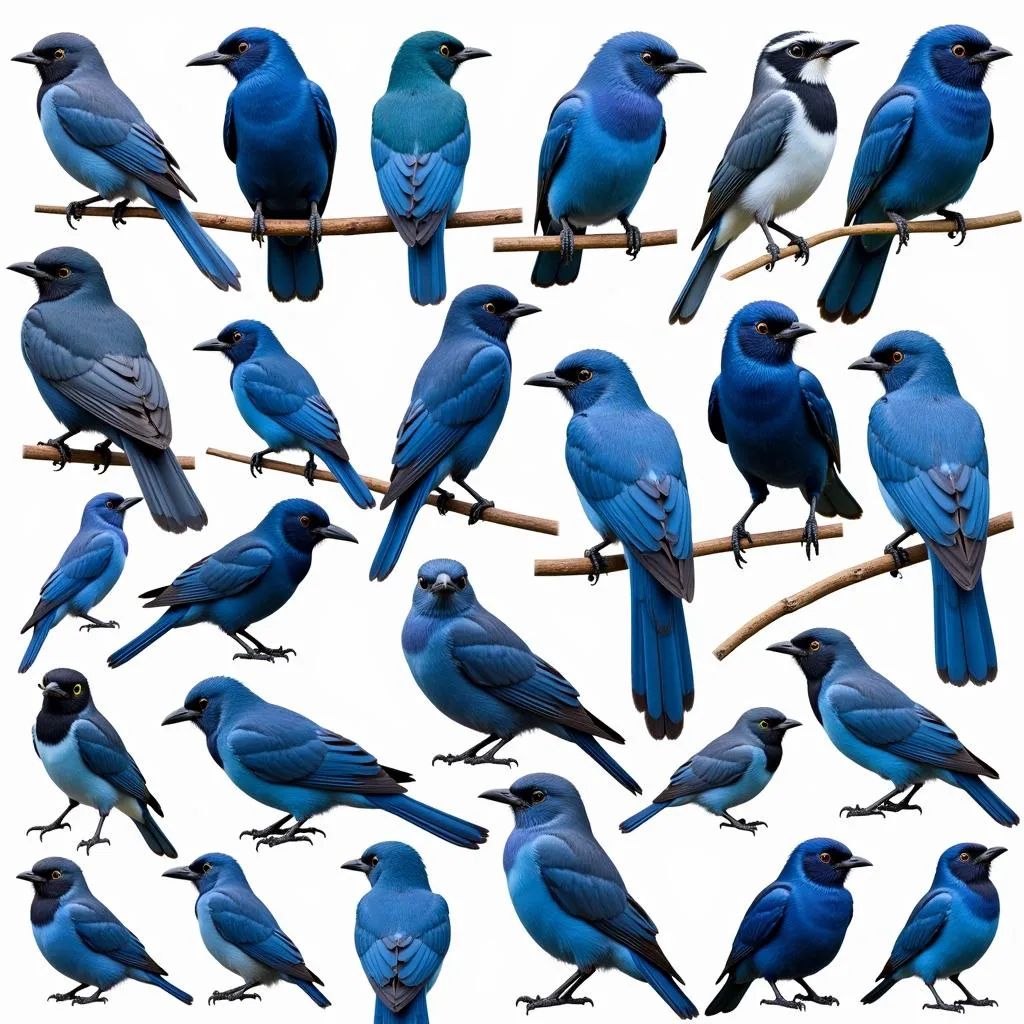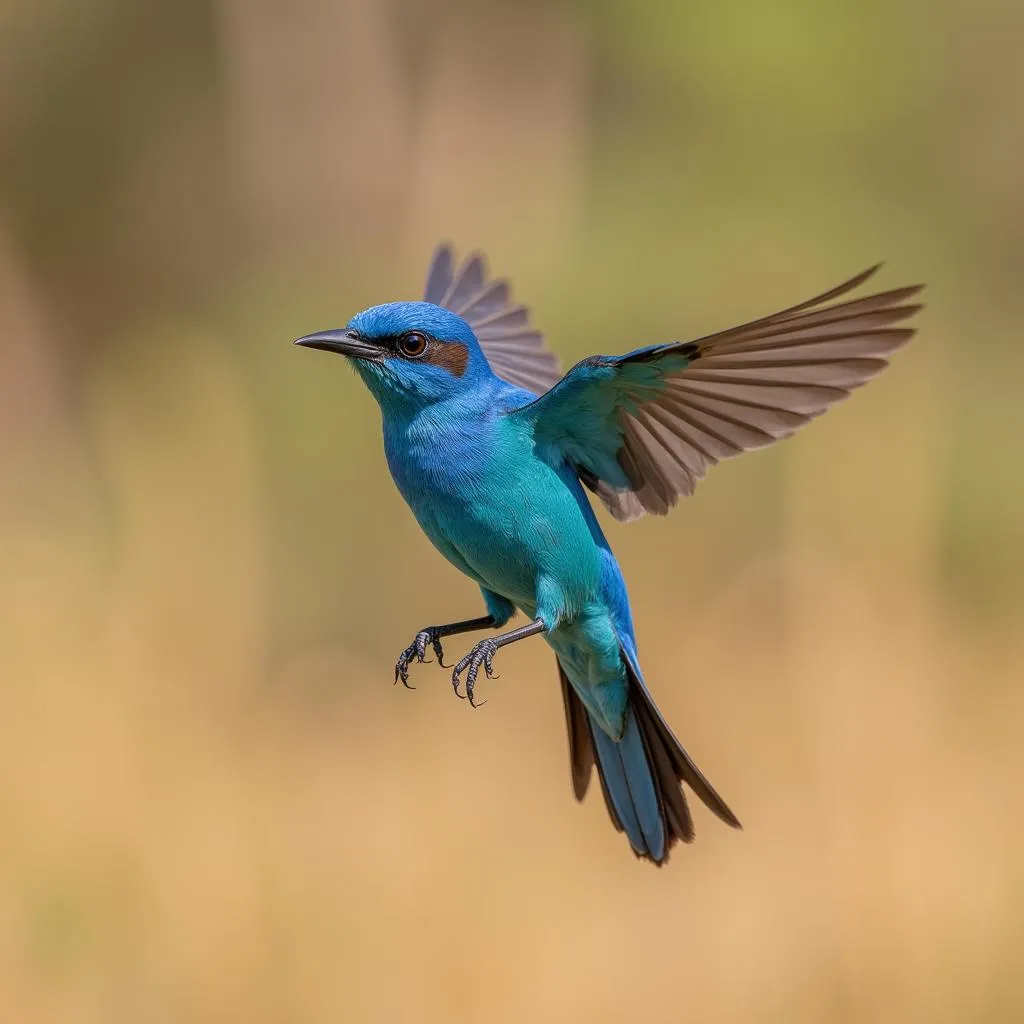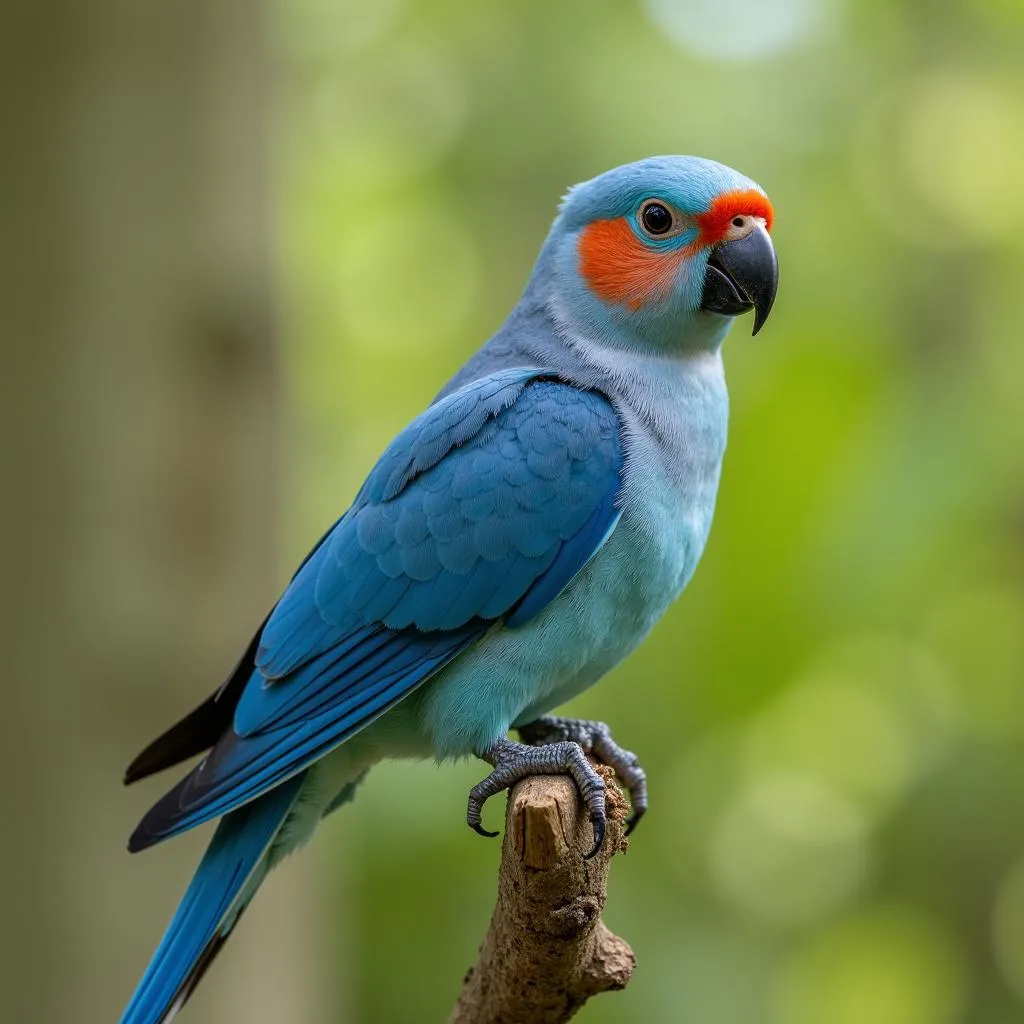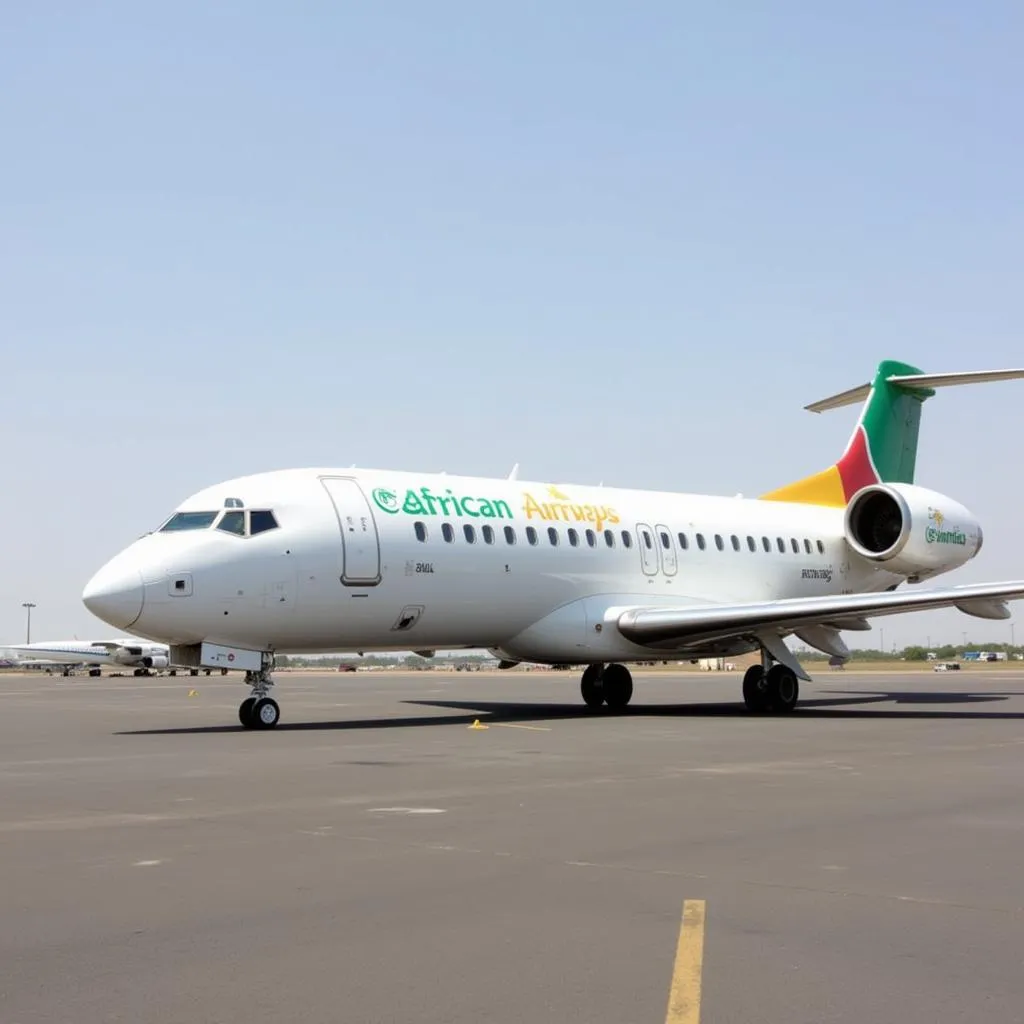The African Blue Bird: A Guide to This Vibrant Species
The term “African Blue Bird” can refer to several different species of birds found across the diverse continent of Africa. These birds, known for their striking blue plumage, play a vital role in their ecosystems and captivate birdwatchers with their beauty and behavior.
 Different African Blue Bird Species
Different African Blue Bird Species
Understanding the Allure of the African Blue Bird
The blue coloration of these birds often holds cultural significance in various African societies. Blue can symbolize royalty, peace, or spirituality, making these birds subjects of folklore and traditional beliefs. Their presence is often seen as a good omen, adding to their mystique and allure.
Beyond their cultural importance, African blue birds are ecologically important. As insectivores, they help control insect populations, contributing to the balance of their respective ecosystems. Some species also play a role in seed dispersal, aiding in the regeneration of forests and woodlands.
Popular African Blue Bird Species
While numerous bird species boast blue feathers, some of the most iconic “African blue birds” include:
- African Blue Flycatcher: This small, energetic bird is known for its vibrant blue upperparts and quick, agile movements as it hunts insects mid-air.
- Abyssinian Roller: This bird is a spectacle of color, with a combination of blue, turquoise, and green plumage. They are known for their aerial acrobatics, often seen rolling and diving through the sky.
- Red-cheeked Cordon-bleu: These small finch-like birds are sexually dimorphic, with males exhibiting a stunning blue body and orange cheek patches. They are popular cage birds due to their vibrant colors and pleasant songs.
 African Blue Flycatcher in Flight
African Blue Flycatcher in Flight
The African Blue Bird and its Habitat
African blue birds are found in various habitats across the continent, from dense forests to open savannas. Their distribution depends on the specific species and their ecological needs. Some, like the African Blue Flycatcher, prefer woodland edges and gardens, while others, like the Abyssinian Roller, thrive in open grasslands and savannas.
Their presence, or lack thereof, can be an indicator of environmental health. Habitat loss due to deforestation and agricultural expansion poses a significant threat to some species. Conservation efforts are crucial to ensure the survival of these beautiful birds and the ecosystems they inhabit.
Attracting African Blue Birds to your Garden
Creating a bird-friendly environment can attract these colorful creatures to your backyard. Here are some tips:
- Provide a water source: A birdbath or small fountain provides a place for drinking and bathing.
- Plant native trees and shrubs: These offer natural food sources and nesting sites.
- Avoid pesticides: Pesticides can be harmful to birds and their insect prey. Opt for natural pest control methods.
 Red-cheeked Cordon-bleu perched on a branch
Red-cheeked Cordon-bleu perched on a branch
Conclusion
The “African blue bird,” though not a singular species, represents a group of birds united by their striking blue plumage and their significant role in African ecosystems and cultures. By understanding their needs and appreciating their beauty, we can contribute to their conservation and continue to enjoy their presence for generations to come.
FAQs about African Blue Birds
1. What do African blue birds eat?
Most African blue birds primarily feed on insects, such as flies, beetles, and caterpillars. Some species also consume fruits and seeds.
2. Are African blue birds kept as pets?
Yes, some species, like the Red-cheeked Cordon-bleu, are popular cage birds due to their vibrant colors and pleasant songs. However, it’s crucial to ensure ethical sourcing and provide appropriate care for captive birds.
3. Where can I see African blue birds in the wild?
The best locations to see African blue birds vary depending on the species. National parks and reserves with diverse habitats offer the best chances for sightings.
Learn More about African Birds
For more fascinating insights into the world of African birds, explore these related articles:
Need help?
For further assistance and information, feel free to contact us:
- Phone: +255768904061
- Email: kaka.mag@gmail.com
- Visit us: Mbarali DC Mawindi, Kangaga, Tanzania.
Our dedicated customer service team is available 24/7 to answer your queries.


